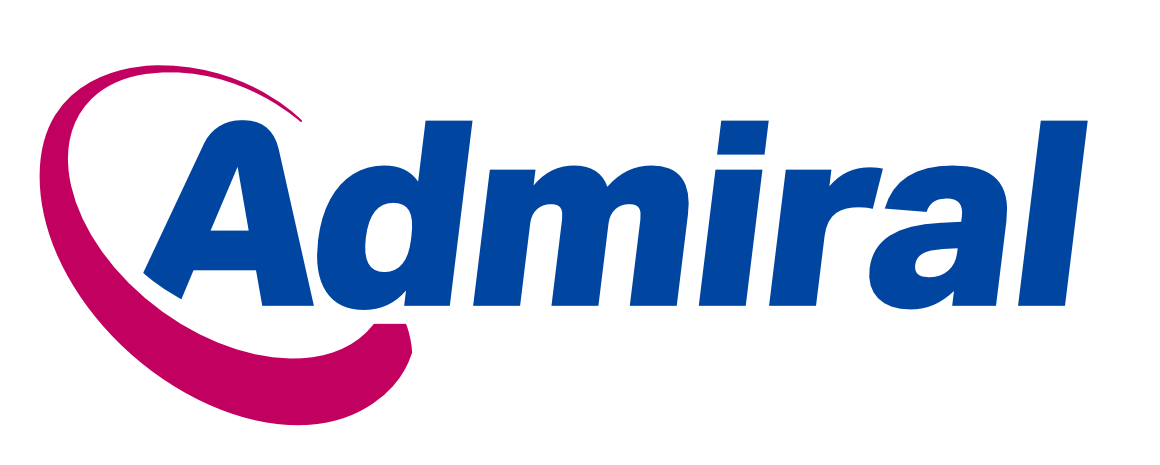Last updated: 10/02/2026




Swinton Insurance aim to make it simple to choose car insurance
Why consider Swinton when insuring your car?


Car insurance you can trust from Saga
Choose Saga Plus and we’ll fix the price for 2 years if nothing changes. T&Cs apply. You can cancel any time without paying a fee.
Moneyfacts 5 Star rated – Saga Car Insurance is one of the top products out there.
Always room to manoeuvre – 3 cover levels to choose from, for people over 50.
99% of claims paid in 2025 – plus a courtesy car while yours is at an approved repairer after a UK accident.
Saga Car Insurance is arranged and administered by Ageas Retail Limited and underwritten by Ageas Insurance Limited.




Insurance is simple when it’s me and LV=


Carole Nash
Driving on four wheels rather than two? Carole Nash may have a policy to suit you. With various levels of cover to choose from, you can decide how you protect your car. To ensure you have the cover your car needs, optional extras and breakdown cover may also be added to your policy.
Why consider Carole Nash for Car Insurance?
Policies may include:
Key cover
Audio & sat nav cover
Windscreen cover
24-hour claims service
You may get a courtesy car whilst approved repairs are carried out


Get the Gap Insurance you need today! Choose a policy to cover you for 1,2,3 or 4 years for as low as £84.00.
All our policies include added benefits with a simple to understand cashback. We cover up to £500 towards your car insurance excess and hire car assistance worth up to £30 a day for up to 30 days.
Links to third parties on this page are paid for by the third party. You can find out more about the individual products by visiting their site. Moneyfactscompare.co.uk will receive a small payment either if you click the links or if you use their services after you click through to their site. All information is subject to change without notice. Please check all terms before making any decisions.
DisclaimerThe list of car insurance providers on this page is a selection of services available and gives you an idea of the kind of options available. You can find out more about the individual products by visiting any of the providers listed. All information is subject to change without notice. Please check all terms before making any decisions. This information is intended solely to provide guidance and is not financial advice. Moneyfactscompare.co.uk will not be liable for any loss arising from your use or reliance on this information. If you are in any doubt, Moneyfactscompare.co.uk recommends you obtain independent financial advice.
Car insurance companies typically offer three levels of cover.
This is the minimum level of insurance every driver needs to have by law. It provides cover to third parties if you injure a person or damage their property when driving, but it won’t cover you for any losses or damage you may incur.
Despite being the most basic level of cover, third-party only policies aren’t necessarily the cheapest.
As well as offering the same level of cover as third-party only policies, TPFT policies also cover you in the event of fire or theft. This means if your vehicle is stolen or damaged by fire, you can make a claim on your policy.
Even though these policies offer the highest level of protection, they may be cheaper than the more basic policies. In addition to the above, they cover any losses to you and your vehicle in the event of accidental damage or vandalism, for example. Comprehensive car insurance may also include windscreen cover, stereo and in-car entertainment system cover and personal belongings cover, but this will vary between providers.
In some cases, comprehensive policies may provide you with third-party cover to drive someone else’s car.
As well as choosing from these levels of cover, you will also need to select the right type of cover for your vehicle usage.
Social, domestic and pleasure covers the regular, day-to-day driving of your car, excluding commuting to work (unless specified).
Meanwhile, commuting provides cover for travelling to and from your place of work, in addition to social, domestic and pleasure uses.
If you use your car as part of your job, such as travelling to multiple locations, there are several business use options available.
Car insurance providers assess the level of risk you present and how likely you are to make a claim when deciding on a quote. They look at a range of factors to determine the risk of a driver and the cost of their policy, and each provider may calculate these in different ways.
Some of the factors that can affect the cost of your car insurance include:
You may be able to reduce the cost of your car insurance premium in a number of ways, including:
You can check if your car is insured by putting your car registration number into the Motor Insurance Database (MID). This is free, although you may need to pay to access other services on the database.
Car insurance prices have been rising significantly over the past two years as insurers have faced increasing costs. For example, vehicle repairs have become more expensive, which means claims have cost insurers more money. According to figures from the Association of British Insurers (ABI), the average car insurance premium in the second quarter of 2024 stood at £622, 21% higher than the same period in 2023. However, price rises seem to be easing as the average cost of car insurance actually fell slightly over the first half of 2024.
No, car insurance only covers you if your vehicle is involved in an incident. If you want a policy that can cover the cost of recovery and emergency repairs if something goes wrong with your vehicle, you’ll need to get breakdown cover. You can often add breakdown cover to your car insurance policy, but you may be able to find better-value cover if you purchase it separately.
It’s possible to cancel car insurance. You should receive a full refund if you cancel before your cover starts. If you cancel within 14 days of taking out a policy (known as a cooling off period), you should receive a refund, although providers may deduct some costs for the days you had cover and some may charge a small cancellation fee. If you cancel after this 14-day period, you may still receive a partial refund and you will probably need to pay a larger fee. Bear in mind that you may not receive a refund if you’ve claimed on your policy before cancelling.